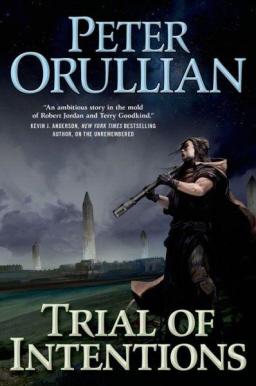Averting War: It’s Not as Simple as Pacifism
 This is Part Two of a two-part article, wherein I explore two fundamental responses a people or nation might have to the threat of war. In Part One, I talked about the “Escalation to Fight.” This time, I want to discuss averting war in the first place.
This is Part Two of a two-part article, wherein I explore two fundamental responses a people or nation might have to the threat of war. In Part One, I talked about the “Escalation to Fight.” This time, I want to discuss averting war in the first place.
Folks who read part one will remember that I started out with the phrase, “War. What is it good for?” — a reference to Edwin Starr’s version of the song by the same name. We’ll see if the song snippet is relevant by the time I’m finished.
First, let me say, that I don’t pretend these are the only two responses to the threat of war. In fact, nations can and do engage in war as a perennial part of their industry. Or, it’s a response on religious grounds. (Thanks to those who’ve commented on Part One of this article for drawing attention to these things.) And I’m sure there are more. I’m having to be overly reductive due to spatial constraints. So, please bear with me.
So, then, if a nation or kingdom elects not to escalate to violence, another response is to try and avert war before it begins. They might engage in peace talks. They might surrender. They might try to buy their way out of the conflict. Etc. In essence, they work to find resolution to the alternative, which would eventuate in massive casualties.
To avoid the deaths of so many countrymen, a nation may prefer to be conquered. Or to cede any number of things: land, wealth. You get the idea.
And I can see how in a fantasy novel, the writer could take any of these approaches and make them work. I’m not of the opinion that it must always be an Armageddon-level battle to be interesting.